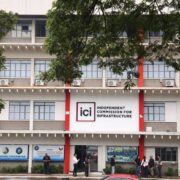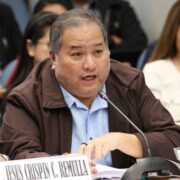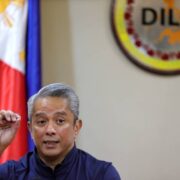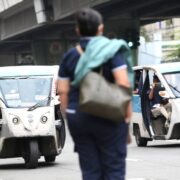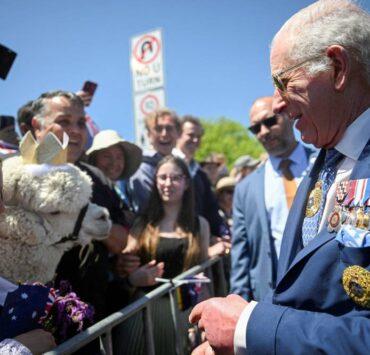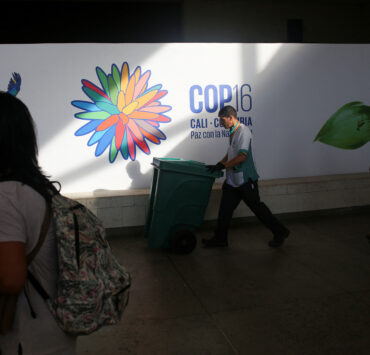17 ASG members found guilty of 2000 kidnapping
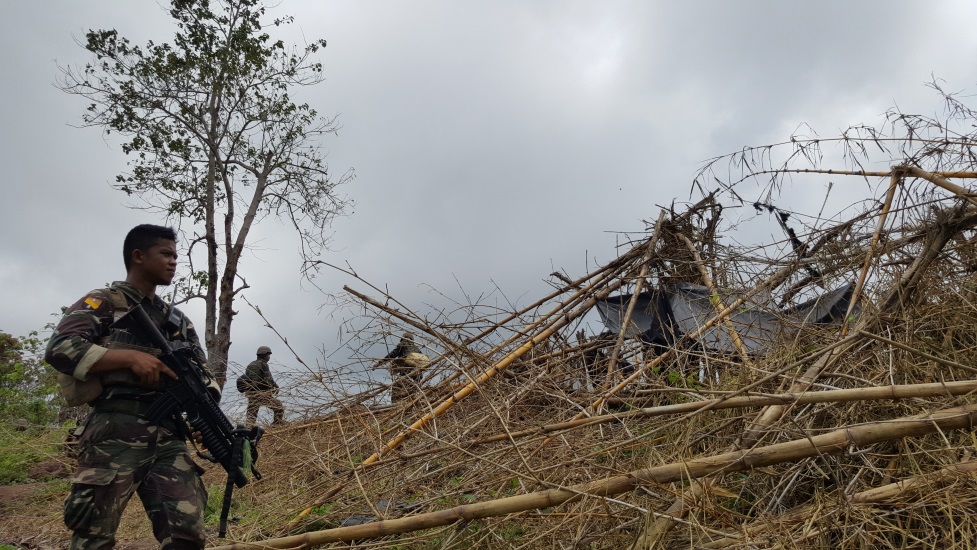
After more than two decades, a Taguig court has finally convicted 17 members of the terrorist Abu Sayyaf Group (ASG) for the kidnapping of 21 individuals from the Malaysian island resort of Sipadan in 2000, holding them hostage for months in Sulu province.
In a 157-page decision promulgated on Oct. 16, Judge Mariam Bien of the Taguig City Regional Trial Court Branch 153 found the ASG members guilty of 21 counts of kidnapping and serious illegal detention with ransom.
They were sentenced to reclusion perpetua, or up to 20 to 40 years of imprisonment, for each count.
“This court gives credence to the positive identification and consistent testimony of the prosecution’s witnesses. Moreover, all the accused admitted that there is no ill motive on the part of the prosecution’s witnesses since the former had no conflict with the latter,” Bien said.
The Taguig court emphasized that the accused “acted in concert” in kidnapping and detaining the hostages, noting that while some actively participated in taking the victims, others detained and guarded them—demonstrating a “carefully laid out plan to execute the crimes charged.”
The 17 convicted ASG members were Hilarion Santos, Redendo Dellosa, Alkaiser Baladji, Omar Galo, Muner Jumalla, Najer Ibrahim, Jahid Susukan, Ben Abraham, Said Massud, Hajid Elhano, Jundam Jawad, Aljunib Hashim, Michael Pajiji, Alhadi Aylani, Dhad Suraidi, Julkipli Salih and Saltimar Sali.
High-profile individuals
Two of them, Santos and Dellosa, are considered high-profile individuals, being on the United Nations Security Council’s Sanctions List, according to the Department of Justice (DOJ).
Santos is the founder and leader of the Rajah Solaiman Movement (RSM), while Dellosa is also an RSM leader.
The UN Security Council tagged them in 2008 for their association with the terrorist group al-Qaida and its leader, Osama bin Laden, or the Taliban, and for “participating in the financing, planning, facilitating, preparing, or perpetrating of acts or activities by, in conjunction with, under the name of, on behalf of, or in support of, and recruiting for the Abu Sayyaf Group, Jemaah Islamiyah, and the Rajah Solaiman Movement.” The al-Qaida was behind the 9/11 attacks in the United States which killed nearly 3,000 people.
The 17 ASG members, including Santos and Dellosa, were charged only with kidnapping and serious illegal detention with ransom since the abduction happened in April 2000, when the Philippines had yet to enact a law on terrorism, the DOJ noted.
Their victims were taken at gunpoint from a resort on Sipadan Island, Malaysia. Ten of them were foreign tourists: three from Germany, two each from Finland, South Africa and France, and one from Lebanon. The rest were resort workers, nine from Malaysia and two from the Philippines.
All 21 hostages were taken by boat to Talipao, Sulu, and held captive in the hinterlands of Jolo while the ASG demanded ransom money from their families and the government.
Most of the top ASG leaders—Galib Andang, a.k.a. “Commander Robot,” Nadjmi Sabdulla, a.k.a. “Commander Global,” and several others were apprehended and prosecuted shortly after the incident.
‘Bicutan Siege’
They were killed, however, during an attempted jailbreak at Camp Bagong Diwa in Bicutan, Taguig City, in 2005, in an incident known as the “Bicutan Siege.”
In finding the 17 ASG members guilty, the Taguig court gave “greatest credence” to the testimony of one of the victims, Filipino-Bornean Roland Ullah, who was held captive for more than three years.
It said that his face-to-face encounter with the accused provided “more than sufficient evidence” to establish that they were the perpetrators of the crimes.
“It is worthy to note that Ullah was held captive for more than three years, more than enough to familiarize himself with the faces of the perpetrators,” the court added.
Furthermore, Ullah’s close proximity to the accused allowed him to have a detailed view of their faces, and his observations regarding their identities could not be disregarded.
The court also found the accused guilty of extorting money, noting that after restraining the victims, they demanded ransom from the hostages’ families and the Philippine government in exchange for their release.






